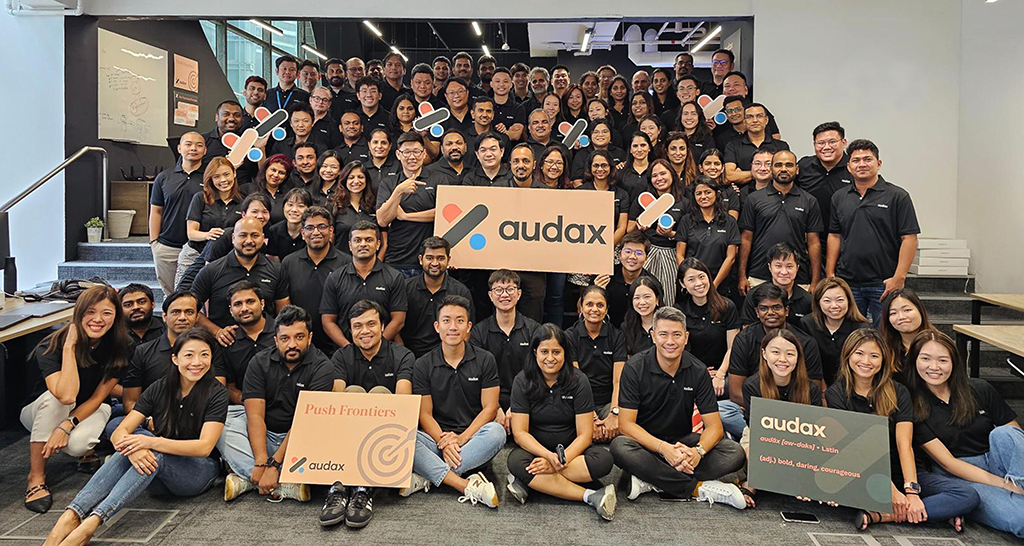The future of payments in Singapore: From outages to innovation with BaaS
The BaaS model will enhance the payments landscape by reducing technical debt, boosting agility, and scaling without compromising legacy systems.

In today’s world, seamless payment transactions for daily essentials like food, transportation, and housing are expected. Yet, some of the most commonly used payment systems appear disconnected,, clunky, rife with technical issues and fraud – rampant in everyday life. In October 2023 alone, 2.5 million transactions were affected by bank outages in Singapore and 810,000 attempts to log in to digital banking accounts failed.
Despite having advanced technology solutions readily available, notable challenges still exist in the financial industry. With customer wants and needs rapidly evolving with technology, how can traditional financial institutions keep up?
Embedded finance is the norm today and Banking-as-a-Service (BaaS) is the antidote to the issues plaguing payments and the broader financial industry. Enabling banks and fintech companies to innovate as they collaborate, which then leads to better and more efficient financial products and services, BaaS simplifies the integration of banking services via the use of APIs, reducing complexity and speeding up the development of new payment solutions. The benefits are both obvious and endless, but we must first understand why it is especially crucial in Singapore’s payments market.
The payment landscape in Singapore can be divided into three categories of key players: banks and financial institutions, payment processors (think Visa or Mastercard, Stripe, Apple Pay, etc.), and fintech firms looking to disrupt the financial services landscape. It features multiple digital payment systems, schemes, and providers that operate independently, leading to complexities for both merchants and end consumers.
PayLah!, PayAnyone, and PayNow have transformed the ability to make purchases, including P2P purchases, without the need for a payment gateway or terminal. Now, everyone with a bank account can be both a merchant and a consumer, reducing the cash transactions seen from yesteryear. User acceptance across these applications is promising.
There is also a huge range of payment providers with their own set of services, fees, and technical requirements that are complex to navigate. Additionally, the existing services can be inefficient, partly due to the significant technical debt accumulated by banks and financial institutions over the years as new features are added and changes are made to accommodate the evolving requirements of users. Technical debt and the lack of resources utilised to play catch up sees legacy systems succumb to outages and inefficiencies.
The BaaS proposition was specifically designed to overcome these challenges. BaaS typically means that banks and financial institutions leverage scalable and modular technology solutions that allow them to expose their services to third party platforms in a seamless manner. On top of that, banks and financial institutions effectively providing BaaS already adhere to industry standards and best practices, especially around security and regulatory requirements that also prevent the introduction of unnecessary complexity or inefficiencies into the system.
BaaS is a one-way ticket to a world where banks work with third party platforms including but not limited to fintechs, to launch new products and services without having to build infrastructure from scratch. This is where innovation happens at speed as we can test new ideas and iterate more rapidly.
On a more practical level, BaaS also enhances security in the financial services industry, as the banks and financial institutions themselves are adopting advanced security measures, compliance with regulatory standards, secure APIs and data protection measures as part of their technology stack.
However, there is still quite a ways to go in terms of the widespread adoption of BaaS as a business model amongst banks and FIs in Singapore. Many banks and financial institutions are yet to fully appreciate the suite of advantages that the business models offers, whilst others are hesitant to do so due to the limitations of their existing solution in catering to the inevitable scale of a BaaS business model.
Addressing these challenges will need a multifaceted approach with regulators, third party ecosystems, payment providers and banks / financial institutions collaborating to create an environment conducive to innovation with ample support for the integration of a easy to deploy and scalable solution with legacy systems.
Singapore’s readiness to be a global leader in fintech is proof of its rapid growth potential. With the government implementing and promoting regulatory sandboxes that allow for fintechs to test products and services in a controlled environment, a revolving door of new fintech solutions to solve even the most complex problems awaits. We’ll also start to see a higher rate of financial inclusion as the use of digital wallets and simplified banking services are more widely adopted.
Overall, the Singapore payments landscape will benefit greatly from an adoption of a BaaS business model by banks and financial institutions – especially in reducing technical debt, significantly increasing agility and offer a solution to scalability without compromising in legacy systems. With the government’s commitment to continuous improvements and fixes, the transformative impact of BaaS on the Singapore payments landscape is poised to be significant, paving the way for a more efficient, secure, and innovative financial ecosystem.
—
This article was first posted on e27.

